Are you familiar with one of the most evidence-based psychotherapy approaches, called “cognitive-behavioral therapy”? Have you ever wondered what actually happens in a therapy session?
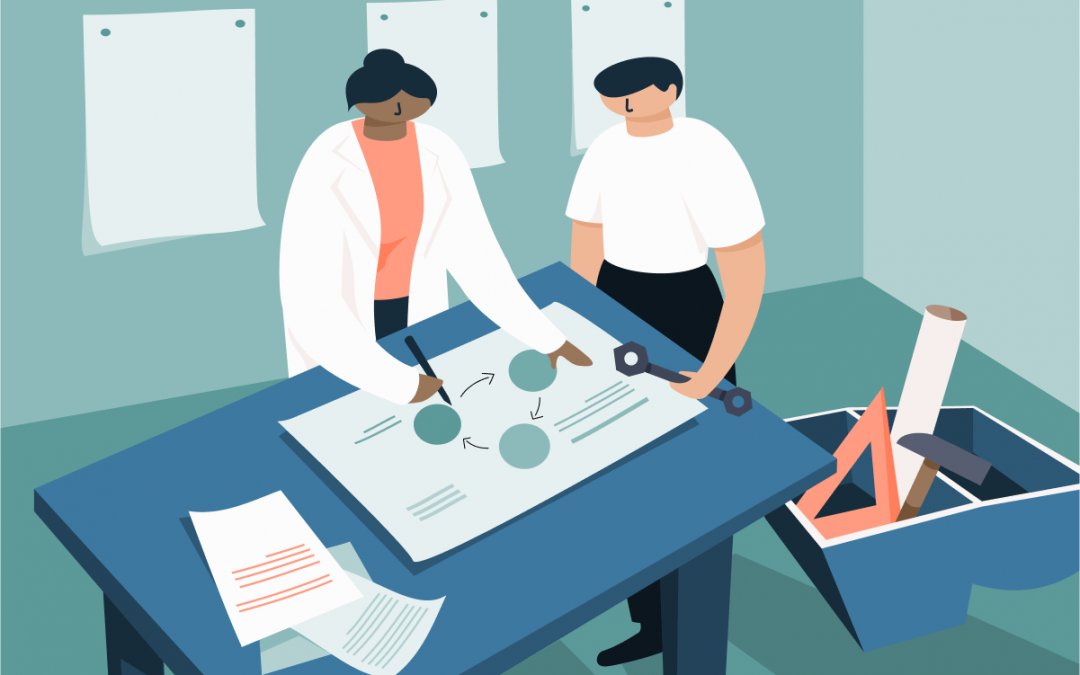

Are you familiar with one of the most evidence-based psychotherapy approaches, called “cognitive-behavioral therapy”? Have you ever wondered what actually happens in a therapy session?

‘Tis the season to be – melancholy? Some of us feel down, have less energy and motivation during wintery months. Is that ‘seasonal depression’? Is that ‘winter blues’?
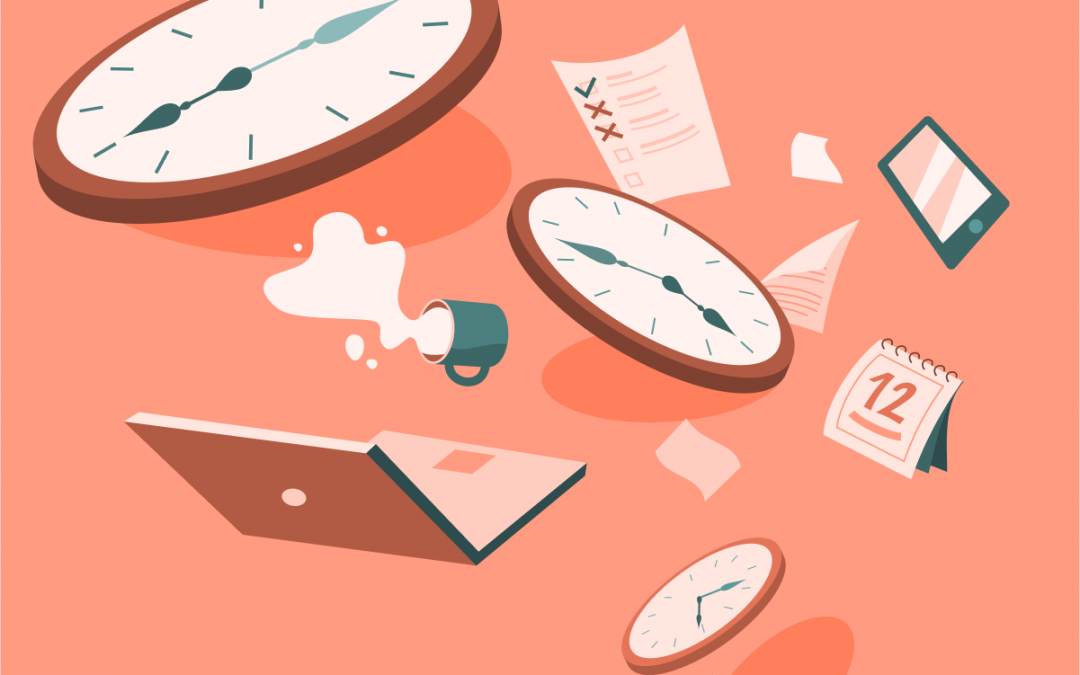
„I am so stressed “– A sentence we hear almost daily from colleagues, friends and family. Today, stress is often seen as a very negative influence: It can even contribute to the onset of mental illness.
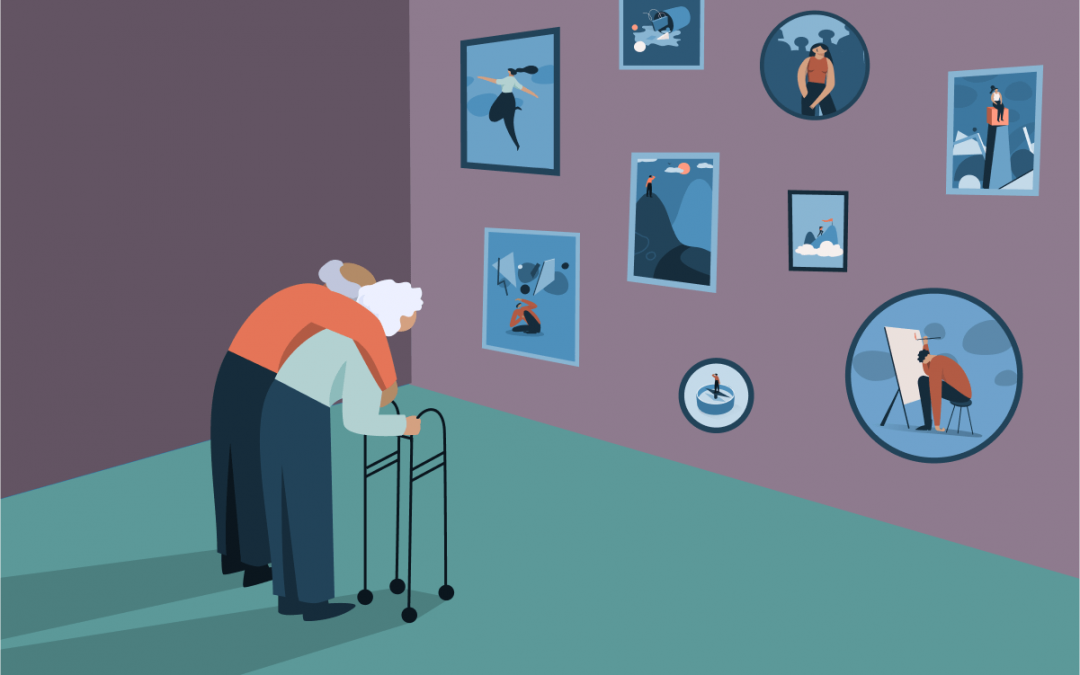
Why is aging so difficult for many of us? Is it true that depression is more prevalent among the elderly? This article gives insight into these questions and provides tips for preventing elderly depression.
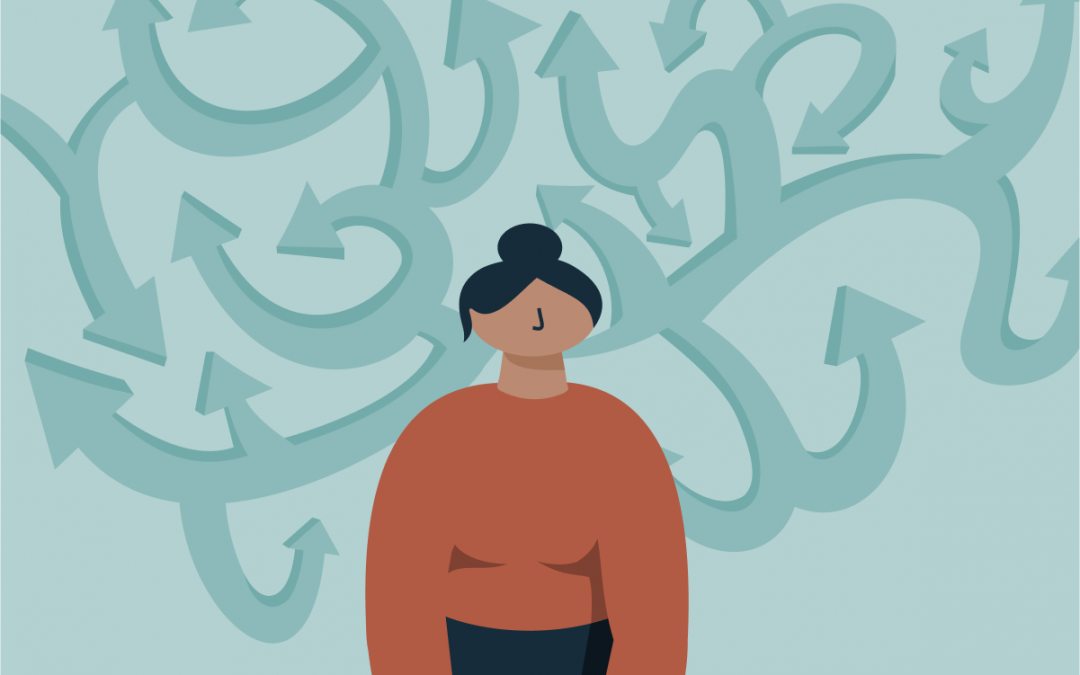
What are the signs of depression? “I am so depressed” is something we say sometimes without giving it much thought. However, depression is a serious and clearly defined mental illness that requires professional help.

In our modern society, many people feel depressed and lonely. You are definitely not alone. The good news is there are ways to understand and change your current situation.
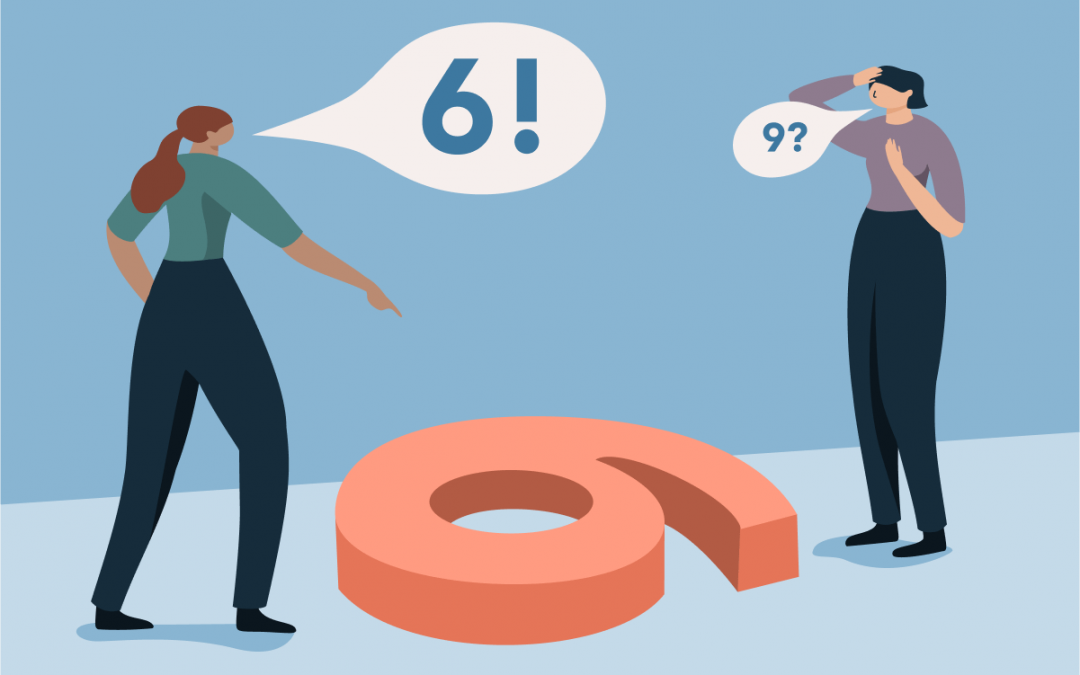
Gaslighting is a term that has been popping up a lot lately. What exactly is it, though? While some websites promise you ’10 ways to know you’re being gaslighted’, we’ll show you why it’s not that simple—and how to take first steps to undo its damage!
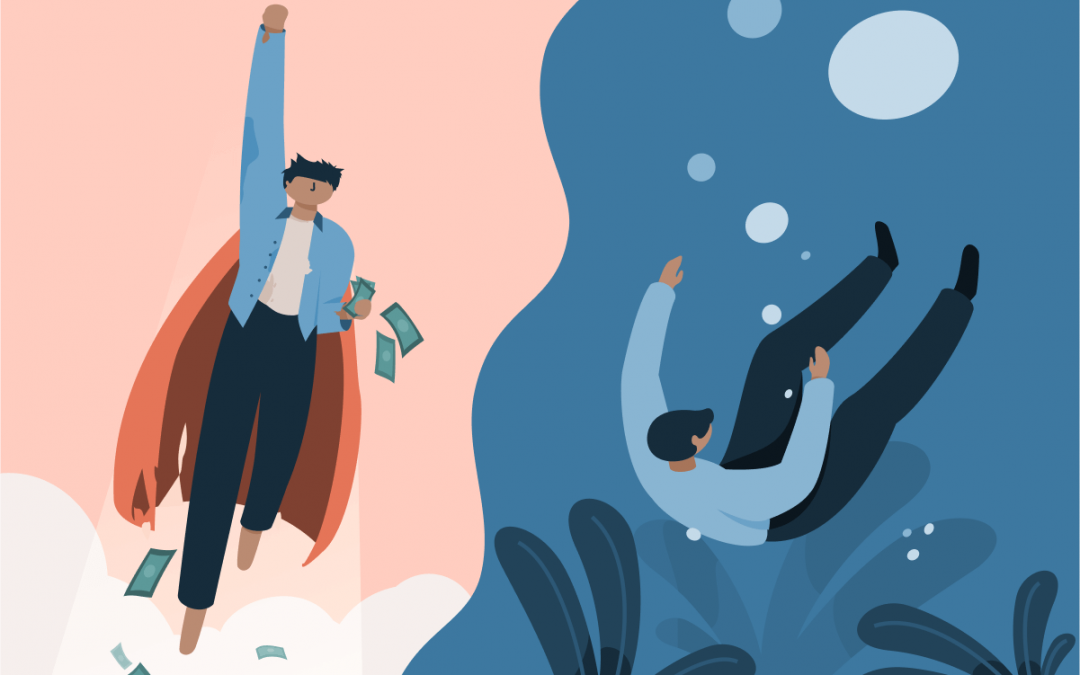
What do we know about bipolar disorder, or as it is sometimes called: “manic depression”? The ups and downs make an organized life difficult For people with bipolar disorder, high moods are way up in the sky, and lows are like the deepest of pits.
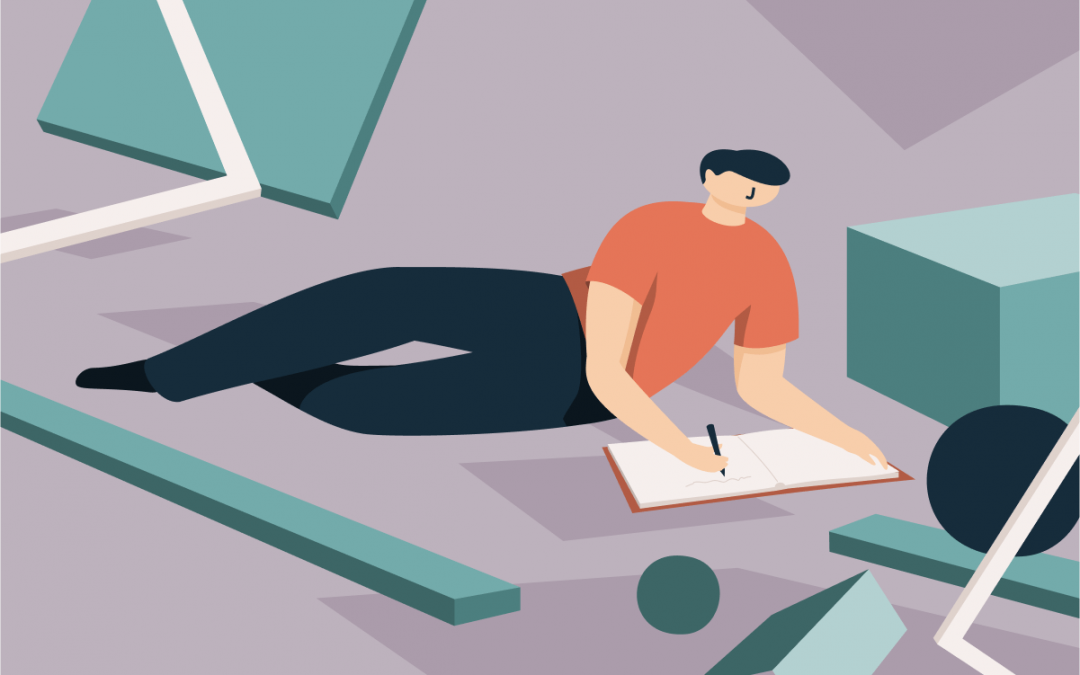
We’re complicated beings – and so are our accompanying moods, which change regularly and sometimes even suddenly. Once we take a moment to examine these moods we’ll realize how changeable – how “moody” we really are.
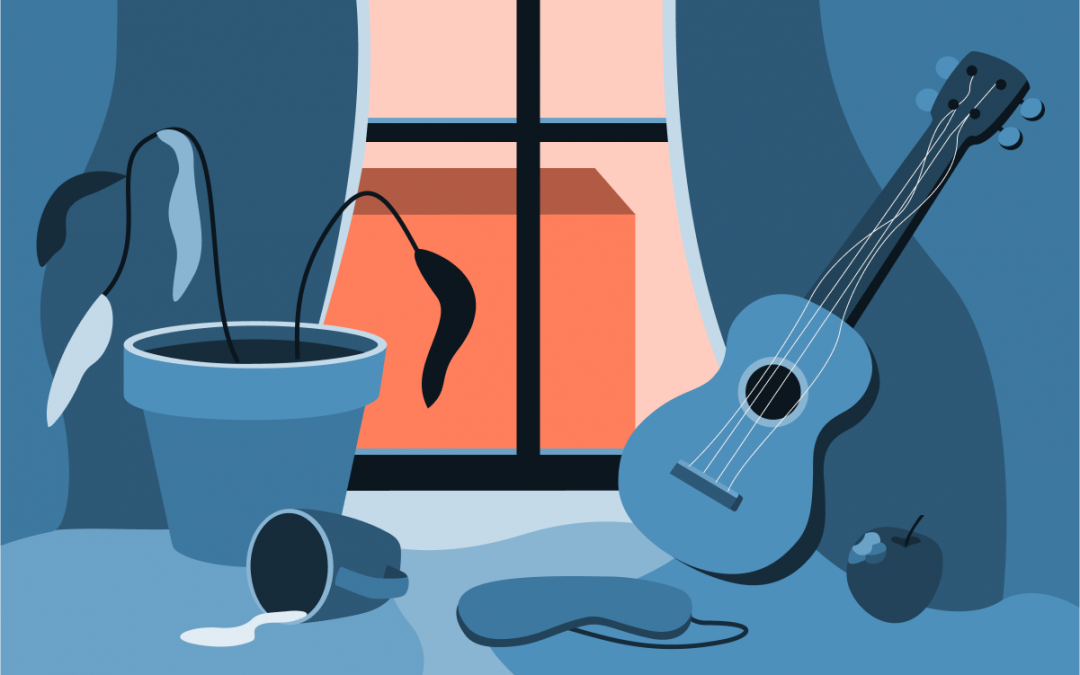
What are the official symptoms of depression? Luckily, the diagnosis of depression follows the same international standards almost everywhere: For a diagnosis, the symptoms must continue for at least two weeks and they are sorted into two categories.